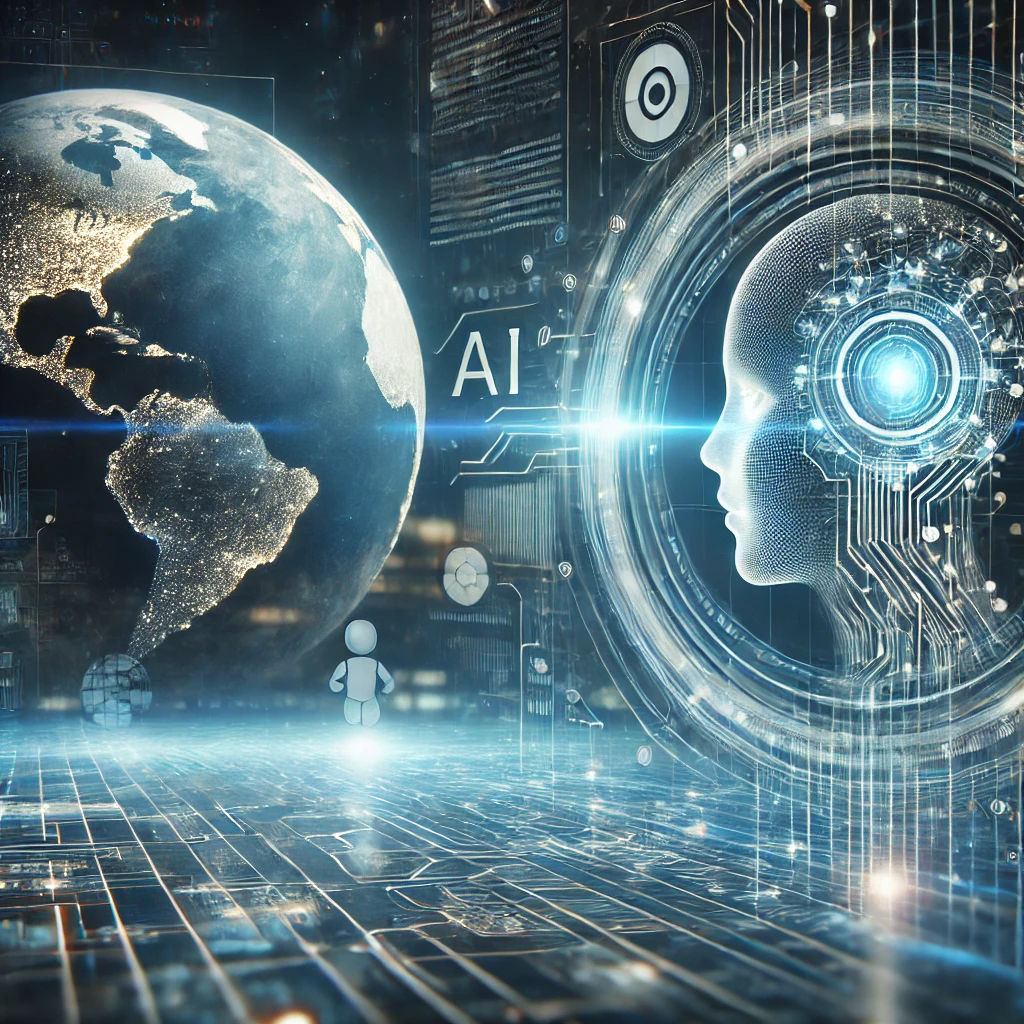Published Date: March 15, 2025 ✍️ Author: Global World Citizen News Team 🌍 Source: GlobalWorldCitizen.com
The Dawn of a New AI Era
Artificial intelligence is no longer just a laboratory experiment—it is rapidly integrating into everyday life. The latest breakthrough comes from Manus AI, a system designed to perform complex, multi-step tasks autonomously without requiring human intervention. Whether it’s managing social media, conducting research, drafting reports, or booking travel, Manus acts as a fully independent AI assistant, transforming digital interactions.
Unlike other AI systems that require human supervision at every step, Manus has the ability to think, plan, and execute its tasks without constant user input. This raises both exciting possibilities and urgent concerns about safety, control, and global AI governance.
 How Manus Works
How Manus Works
Manus operates by combining existing AI models with real-time internet browsing capabilities. When given an objective—such as creating a promotional campaign, gathering intelligence on a topic, or automating customer service responses—Manus not only generates a strategy but also autonomously surfs the web, extracts data, and executes plans.
Developed by a China-based AI firm, Manus has been described as the world’s first fully agentic AI, meaning it can turn human thoughts into automated actions. While AI labs around the world have been experimenting with similar systems behind closed doors, Manus is the first to be widely released to the public. This signals the beginning of a new phase of AI experimentation happening in the open, rather than hidden away in corporate research labs.
 The Risks and Challenges
The Risks and Challenges
While Manus is an impressive achievement, it is far from perfect. Users report frequent errors, endless processing loops, and frustrating delays. The AI still struggles with complex decision-making, and its potential for misuse has sparked concerns in the AI safety community.
Unlike American AI giants such as OpenAI, Google, and Anthropic, which have traditionally taken a cautious approach by thoroughly testing AI models before public release, Manus’s developers have prioritized speed over refinement. While OpenAI delayed the release of GPT-2 for nine months in 2019, and Google held back its LaMDA chatbot for over two years, Manus has entered the market with minimal restrictions, forcing AI leaders to rethink their timelines.
 The Global AI Arms Race
The Global AI Arms Race
Manus’s rapid release and widespread adoption are reshaping the AI landscape. Tech analysts warn that major AI companies can no longer afford to take their time in developing advanced models. The global AI competition is intensifying, and the traditional safety-first approach may no longer be viable.
For some Western policymakers, Manus’s emergence is particularly concerning because it originates from China, a nation rapidly advancing in AI research. However, the success of Manus is not unprecedented—it follows the shockwave created by DeepSeek, another Chinese AI company that disrupted the industry with its low-cost, high-performance AI models.
Yet, the ability to create an agent like Manus is not limited to China. With open-source AI models, accessible cloud computing, and the right risk appetite, companies anywhere in the world could develop similar autonomous AI agents.
 Regulating AI in the Open World
Regulating AI in the Open World
Fortunately, there are no signs yet that Manus has been used for harmful activities. But its arrival marks a turning point—AI safety is no longer just about internal testing. Instead, governments, regulators, and companies must now actively monitor AI systems in real time, addressing issues as they arise.
This new reality presents global challenges for AI governance:



The launch of Manus signals a new chapter in AI development—one that is unfolding in the public eye rather than behind closed doors. Whether this rapid evolution leads to greater innovation or greater instability remains to be seen. What is clear, however, is that the AI revolution is here, and it is happening faster than anyone anticipated.
 Stay Informed on Global AI Trends
Stay Informed on Global AI Trends
For the latest updates on artificial intelligence, global technology, and digital governance, visit GlobalWorldCitizen.com.


